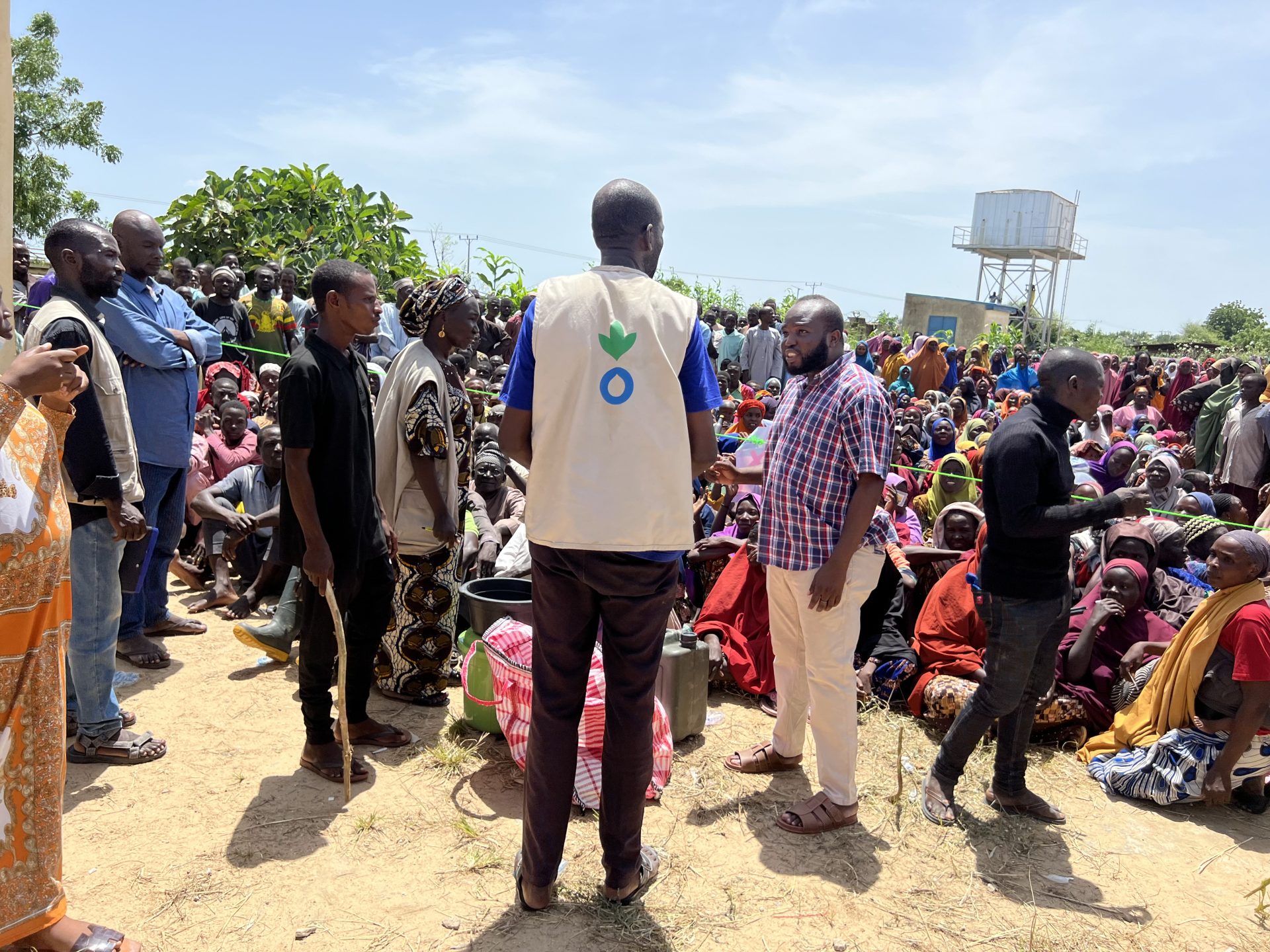Over the past several weeks, devastating floods have ravaged Chad, Nigeria, and Cameroon, affecting millions of lives. In Chad, 1.5 million people have been impacted, while more than 1 million across 29 states in Nigeria are suffering from the floods’ aftermath. In Cameroon’s Far North region, 236,000 people have been displaced. For Action Against Hunger, it is crucial to scale up the humanitarian response to protect the most vulnerable, whose livelihoods are now in jeopardy.
Since late July, torrential rains have battered Chad, particularly hitting the provinces of Lac, Mayo-Kebbi Est, Mandoul, Tandjilé, and Batah. Sila province, already housing Sudanese refugees, has also been heavily affected. As of today, approximately 1.5 million people have been impacted, with 259,000 hectares of farmland submerged, and 67,000 livestock lost.
“The affected communities are in desperate need of food, clean water, shelter, health services, and protection. Initial estimates suggest nearly £75 million is required to provide adequate relief, but to date, only 10% of this has been raised,” says Gustave Gnagny, Country Director for Action Against Hunger in Chad. Even before this disaster, 3.4 million people in Chad were already suffering from severe food insecurity.
Nigeria is also grappling with the devastating effects of flooding, particularly in states like Borno, Adamawa, Bauchi, Enugu, Jigawa, Kano, Bayelsa, and Yobe. These floods have come at a time when more than 32 million Nigerians were already battling severe food insecurity, with 4.8 million experiencing an acute food and nutrition crisis. In Borno State alone, 50 per cent of the capital, Maiduguri, is underwater, affecting 414,000 people. Other hard-hit areas include Adamawa (24,169 affected), Bauchi (57,827), and Yobe (60,856).
“The floods have destroyed over 125,000 hectares of farmland. This will undoubtedly worsen the current lean season and threaten food security in the coming months,” warns Thierno Samba Diallo, Country Director for Action Against Hunger in Nigeria.
In Cameroon’s Far North, floodwaters have devastated 13,000 hectares of crops, affecting 236,000 people. As rains continue and water levels rise, there are growing fears of a worsening humanitarian crisis, including the increased risk of epidemics.
“Key infrastructure, including bridges and dykes, have already collapsed, which will trigger mass displacements. The most urgent needs are for food, shelter, essential household supplies, and access to clean water and sanitation. The situation demands immediate attention from both the humanitarian community and donors,” urges Pascal Maillard, Action Against Hunger’s Country Director in Cameroon.
Across Chad, Nigeria, and Cameroon, climate shocks are becoming more frequent, with these floods destroying farmland, wiping out livestock, and shattering already fragile livelihoods. Immediate response to the urgent needs of affected populations is critical, but long-term support will also be necessary to help these communities recover and adapt to the ongoing threat of climate change.
Notes to editors
- Action Against Hunger has been working in Chad since 1981, in Nigeria since 2009, and in Cameroon since 2013, implementing programs focused on nutrition, health, mental health, water, sanitation, and food security.


